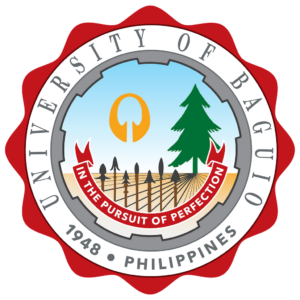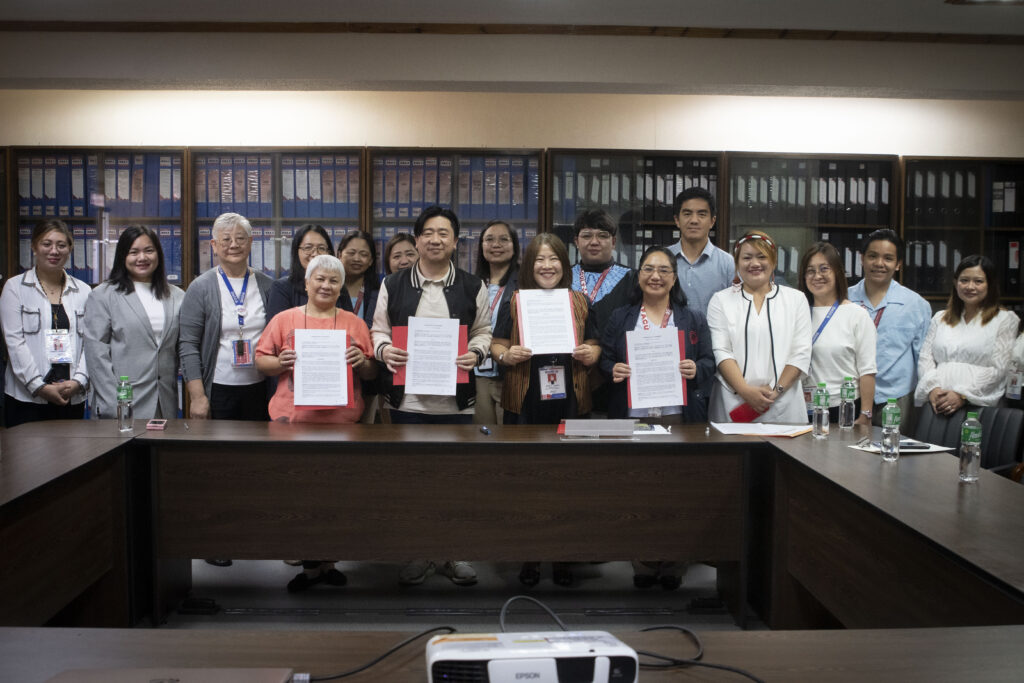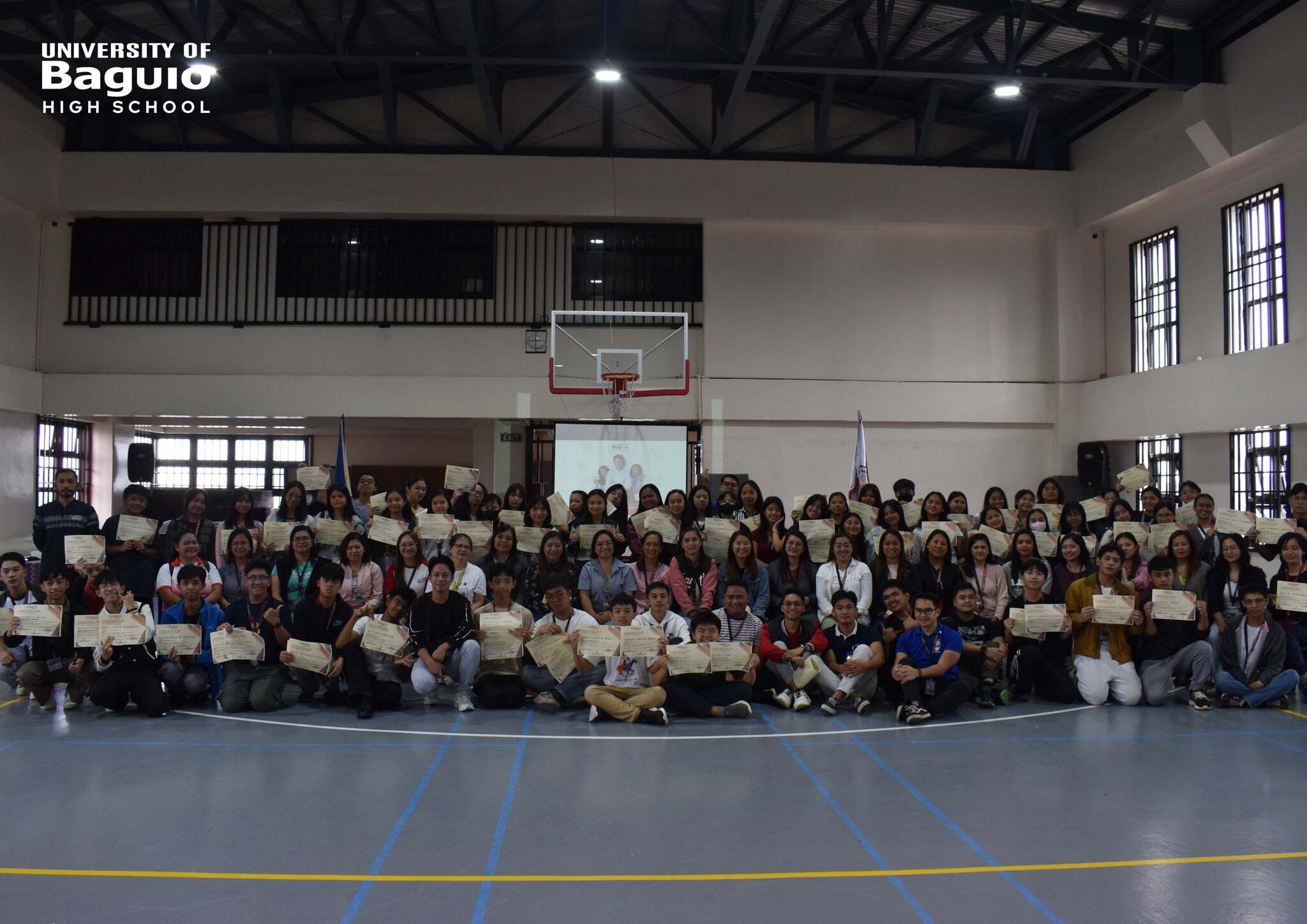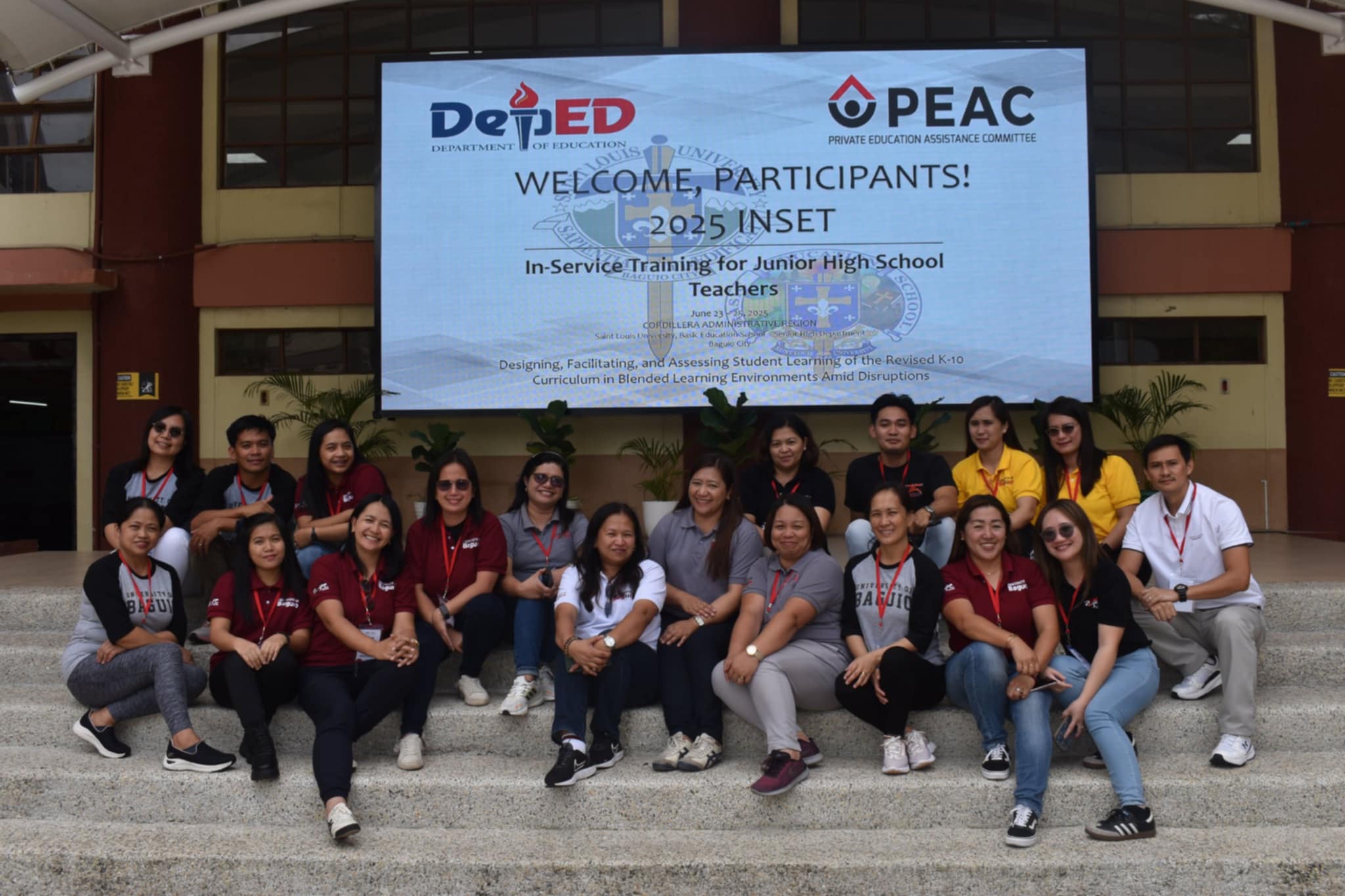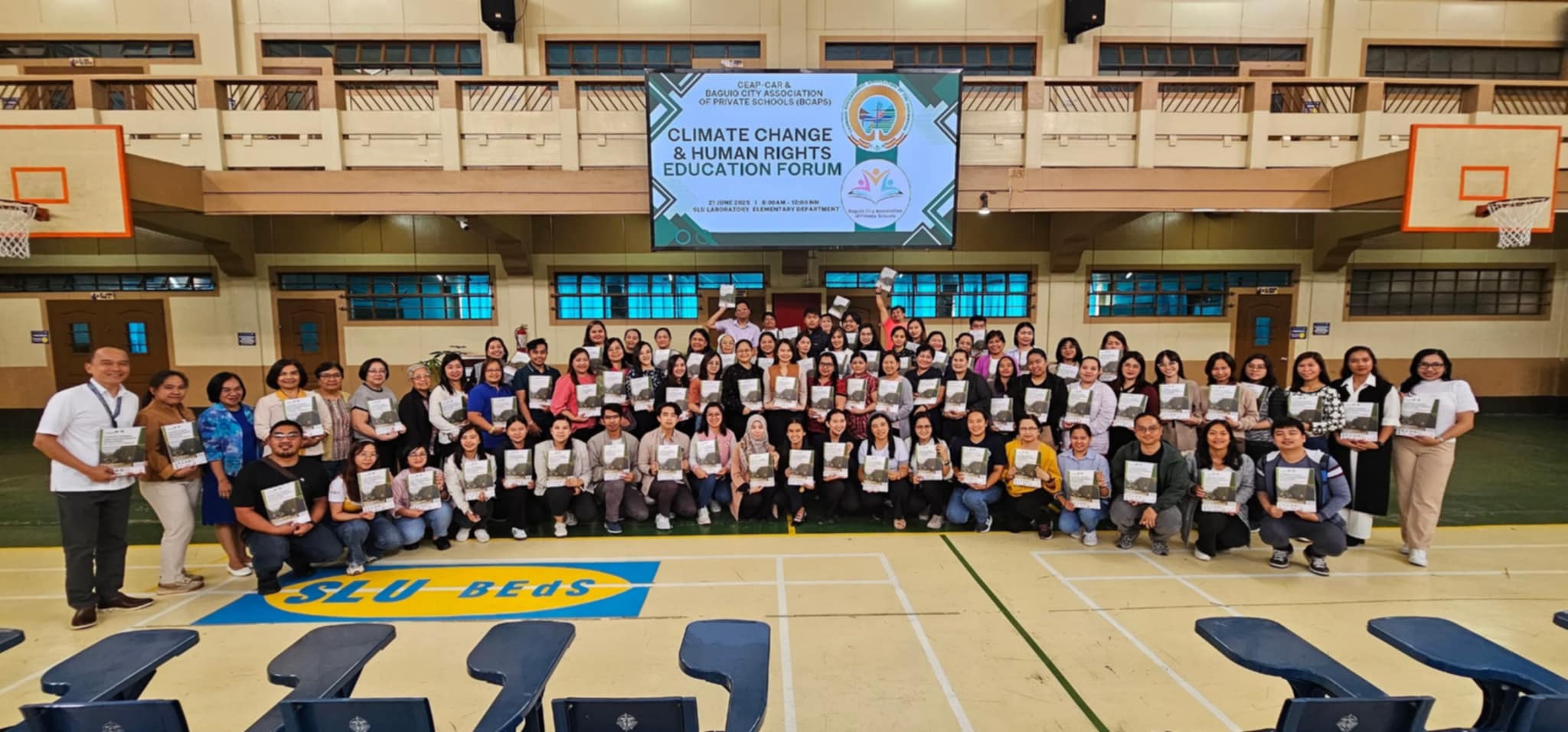Written by Krizza Mae Balisong and Dy-an Rodriguez
Teachers from the English, Filipino, Media and Information Literacy (MIL), and Research departments of the University of Baguio High School participated in an MIL seminar-workshop on February 19, 2024, at MF04, Legacy Building. These teachers were chosen because they actively integrate research topics into their lessons, making the workshop particularly relevant to their teaching. Led by Engr. Elisabeth Calub, the session focused on identifying misinformation, understanding media biases, and evaluating credible sources. This seminar-workshop is the final installment of a three-part series aimed at enhancing teachers’ MIL skills and encouraging them to incorporate these skills more deeply into their lessons and classroom activities.
The first session of the seminar-workshop series, conducted on December 13, 2024, was led by Assistant Professor John Paul Maligalig of the College of Education at the University of the Philippines-Diliman. He discussed the different types of media that society commonly encounters and how teachers can leverage these media to empower students to create and share their knowledge and information. The second session was facilitated by Dr. Saddam C. Bazer of the University of the Philippines-Diliman on January 14, 2025. He emphasized the importance of digital citizenship and how to develop critical thinking skills for navigating the digital world responsibly.
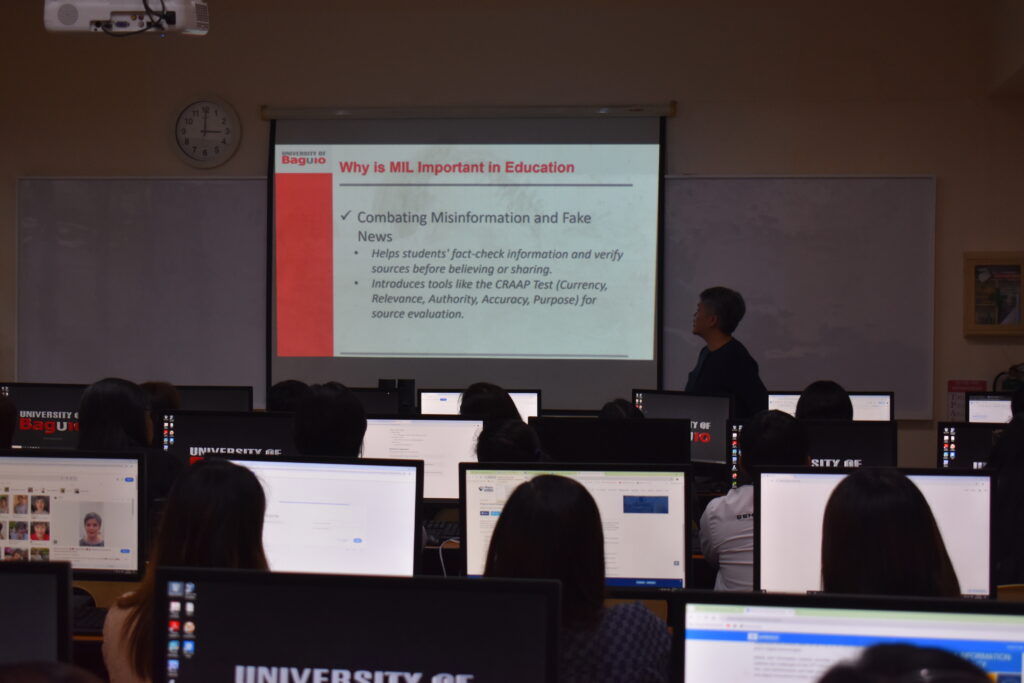
With the conclusion of the seminar-workshop, the teacher participants are then encouraged to create learning plans that reflect the use of MIL skills and teach students to be critical thinkers and responsible digital citizens.
With UBHS’ mission to equip students with skills needed to succeed in higher education and its objective to instill in them a strong commitment to becoming responsible citizens, the school continues to initiate programs and activities like the MIL seminar-workshop that foster both academic excellence and civic responsibility.
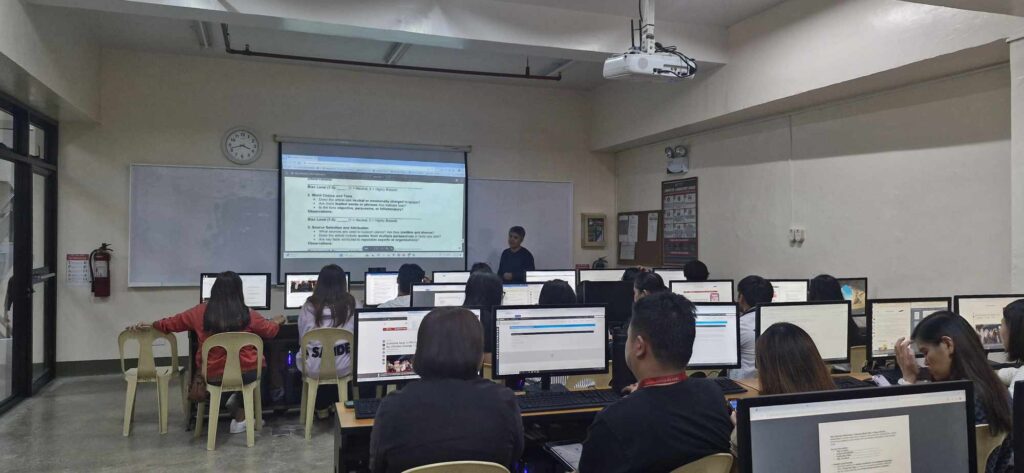
These initiatives also support United Nations’ Sustainable Development Goal (SDG) 4, Quality Education, as MIL equips youth and adults with critical information, media, and digital competencies that enable quality education, global citizenship, and peacebuilding. It is also in line with SDG 16, Peace, Justice, and Strong Institutions, by ensuring public access to information and fundamental freedoms. These activities are designed to provide teachers and students with opportunities to develop critical thinking, leadership, and ethical values, ensuring they are well-prepared to contribute meaningfully to society and excel in their future academic pursuits.

